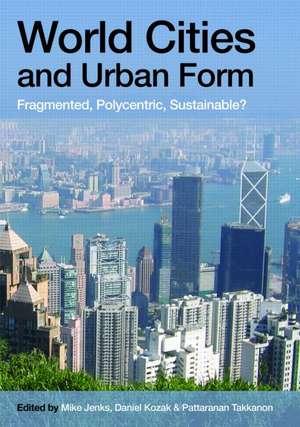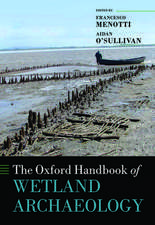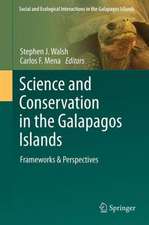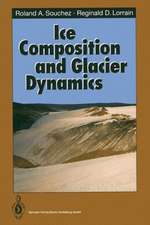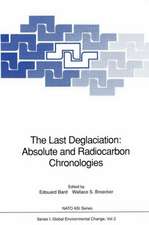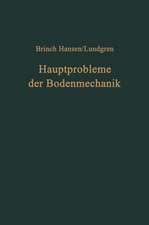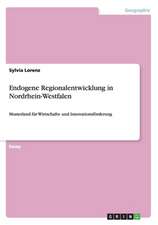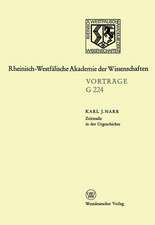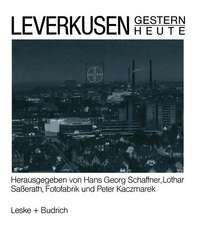World Cities and Urban Form: Fragmented, Polycentric, Sustainable?
Editat de Mike Jenks, Daniel Kozak, Pattaranan Takkanonen Limba Engleză Paperback – 24 iun 2008
| Toate formatele și edițiile | Preț | Express |
|---|---|---|
| Paperback (1) | 460.32 lei 43-57 zile | |
| Taylor & Francis – 24 iun 2008 | 460.32 lei 43-57 zile | |
| Hardback (1) | 994.40 lei 43-57 zile | |
| Taylor & Francis – 24 iun 2008 | 994.40 lei 43-57 zile |
Preț: 460.32 lei
Nou
Puncte Express: 690
Preț estimativ în valută:
88.08€ • 92.21$ • 72.88£
88.08€ • 92.21$ • 72.88£
Carte tipărită la comandă
Livrare economică 07-21 aprilie
Preluare comenzi: 021 569.72.76
Specificații
ISBN-13: 9780415451864
ISBN-10: 0415451868
Pagini: 384
Ilustrații: 60 tables, 75 halftones and 75 line drawings
Dimensiuni: 174 x 246 x 25 mm
Greutate: 0.71 kg
Ediția:1
Editura: Taylor & Francis
Colecția Routledge
Locul publicării:Oxford, United Kingdom
ISBN-10: 0415451868
Pagini: 384
Ilustrații: 60 tables, 75 halftones and 75 line drawings
Dimensiuni: 174 x 246 x 25 mm
Greutate: 0.71 kg
Ediția:1
Editura: Taylor & Francis
Colecția Routledge
Locul publicării:Oxford, United Kingdom
Public țintă
Postgraduate, Professional, and Professional Practice & DevelopmentCuprins
Introduction: World cities and urban form Part 1: Theoretical Approaches in a Global Context 1. What is a ‘World Class’ City? Comparing conceptual specifications of cities in the context of a global urban network 2. Globalisation and the Forms of Cities 3. The World City Hypothesis Revisited: Export and import of urbanity is a dangerous business 4. Sustainability and the ‘World Class’ City: What is being sustained and for who? 5. Polycentrism and ‘Defragmentation’: Towards a more sustainable urban form? Part 2: Polycentric Regions and Cities: perspectives from Europe, Asia and North America 6. Promoting Sustainable Urban Form: Implementing urban consolidation policies around the Helsinki Metropolitan Region 7. Spatial Disparities Based on Human and Social Capital 8. The Model Barcelona: 1979-2004 and beyond 9. Sustainable ‘World Class’ Cities and Glocal Sprawl in Southeast Asian Metropolitans 10. Quality of Life and Spatial Urban Forms of Mega-city Regions in Japan 11. Global Integration, Growth Patterns and Sustainable Development: A case study of the peri-urban area of Shanghai 12. Taichung the Waiting Metropolis and its Campaign towards a ‘World Class’ City: A case of glocollision, glocoalition or glocalisation? 13. ‘World Class’ Vancouver: A terminal city re-imagined 14. Planning a ‘World Class’ City without Zoning: The experience of Houston Part 3: Aspects of Urban Fragmentation 15. Assessing Urban Fragmentation: The emergence of new typologies in central Buenos Aires 16. Tracking Sustainable Urban Forms and Material Flows in Singapore 17. The Right to the City: Stakeholder perspectives of Greater Cairo Metropolitan communities 18. ‘World Class’ Living? 19. Bangkok’s Struggle to Achieve a Successful Transportation System 20. To be or not to be a ‘World Class’ City? Poverty and urban form in Paris and Bucharest 21. Inner Truth of the Slums in Mega Cities: A scenario from India Conclusion: The Form of Cities to Come?
Descriere
This book presents new research and theory showing the forms metropolitan regions might take to achieve sustainability. City case studies throughout show how both planning and flagship design can propel cities into world class status.
